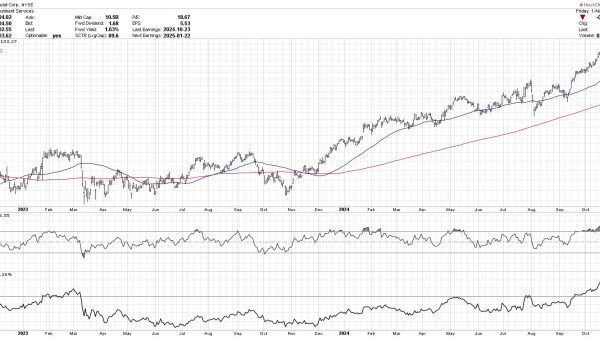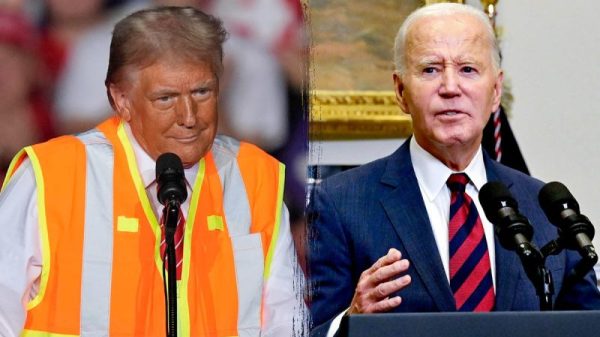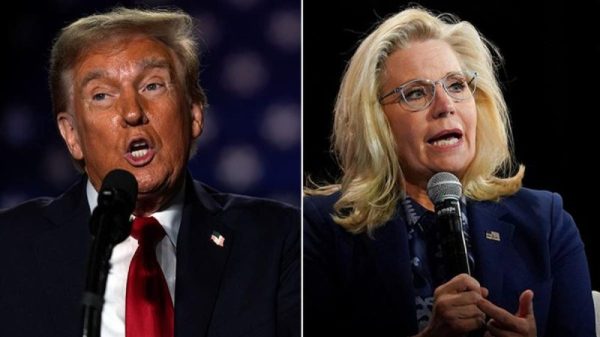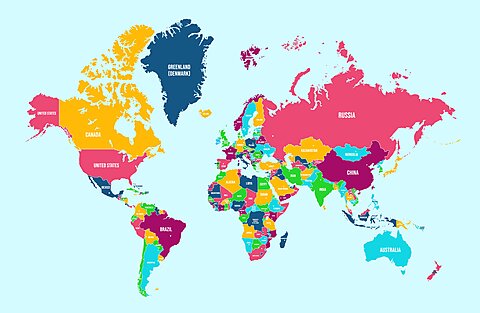The United States stands alone in applying the entire domestic tax regime to all citizens, permanent residents, and tax residents regardless of where they live and work. Eritrea’s brutal dictatorship is the only other country to come close, imposing a 2 percent levy on all expatriates. In a recent video, former President Donald Trump endorsed eliminating the outdated US system of worldwide taxation of Americans living overseas. The reform would enhance the competitiveness of American businesses abroad, attract foreign talent for domestic operations, and ease administrative burdens on US expats.
For these reasons, most other nations use territorial or residence-based taxation, where only income earned by someone within the country’s borders is subject to tax. The US has a quasi-territorial tax system for corporate profits but not for individuals. The territorial approach respects that citizens living and working abroad already pay local taxes on their income.
In contrast, the US system imposes a second layer of tax on top of what citizens pay to their country of residence. Some relief is offered under the Section 911 exclusion, which exempts up to $126,500 (2024) of foreign-earned income from US taxation, and other protections allow foreign tax credits to offset similar taxes paid to other governments.
However, the exclusion and credit system fails to fully resolve the problem. For those Americans living in one of the more than 100 countries without a US tax treaty, more of their income is subject to two layers of tax. For those living in lower-tax jurisdictions, the worldwide system leaves them paying higher taxes than their neighbors and coworkers. Even when no additional US tax is due, the system burdens expatriates with multiple tax systems and other non-tax reporting requirements. This is also the provision of the tax code that slaps our Olympic athletes with hefty tax bills on the value of their winning medals and monetary rewards earned overseas.
Worldwide taxation undermines US citizens’ global mobility and professional opportunities abroad, where they often facilitate US exports and other forms of exchange. American citizens living abroad often work for US multinationals to expand US exports and gain experience with foreign technologies and processes to, in turn, enhance domestic operations.
When the Section 911 exclusion amount was lowered under President Jimmy Carter in 1976, Carter’s Export Council warned that the “misguided” change put Americans abroad at a competitive disadvantage, resulting in fewer Americans being hired and “brought about a sharp loss in the U.S. share of overseas business volume.” To mitigate some of this problem, the Section 911 exclusion was expanded under President Ronald Reagan.
The worldwide system also discourages high-skill and high-net-worth foreigners from living and working in the United States. Regardless of citizenship or official work status, working more than half the year in the US subjects all your income to worldwide taxation and, after eight years, triggers an exit tax if the individual wishes to rid himself of the US tax regime.
The US worldwide tax system is made worse by the maze of overlapping reporting requirements that have sprung up to enforce it, replete with steep penalties for common mistakes. Compliance with domestic tax laws, foreign tax systems, the Foreign Account Tax Compliance Act (FATCA), the Report of Foreign Bank and Financial Accounts (FBAR), and other trust and shareholder reporting creates significant administrative burdens. Following FATCA’s implementation, US citizenship renunciations increased by nearly 200 percent. One high-profile example was former UK Prime Minister Boris Johnson, who gave up his US citizenship after the IRS hit him with a tax bill for the sale of his London home.
Shifting to a territorial tax system for individuals, where only US-sourced income is taxed by the US government, would bring the US in line with international norms, significantly reducing the administrative and financial burdens on expatriates. Such a change would also enhance the competitiveness of American businesses abroad and could attract foreign talent, ultimately contributing to a more dynamic and globally connected American economy. In 2017, Congress shifted business taxation toward a territorial approach; it’s time to provide the same relief to individual taxpayers.































